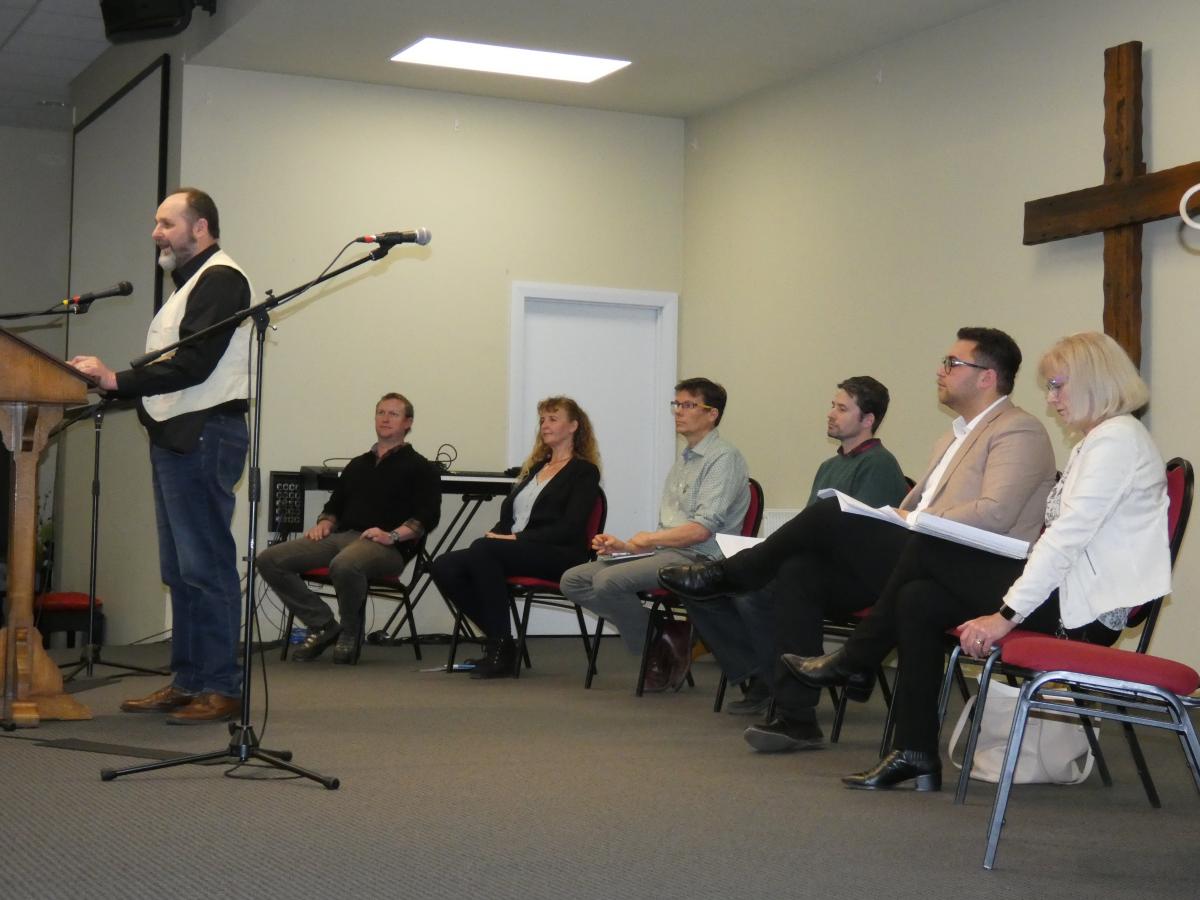Conspiracy theories collar question time

Burning election issues were cast aside in favour of conspiracies by some of the audience at a meet the candidates meeting in Cromwell on Tuesday night.
Agenda 21 and Bill Gates and his vaccine-delivered microchips were raised at the Waitaki candidates’ meeting at the Cromwell Presbyterian Church.
The questions attracted rousing support from some Clyde residents, despite the fact that, come election day, they will be voting in the Southland electorate.
The meeting, organised by Connect Cromwell, attracted the full contingent of Waitaki candidates: incumbent Jacqui Dean to defend the scaled-back electorate for National, Labour’s Liam Wairepo, Sean Beamish for Act, Anthony Odering for New Zealand First, Greens candidate Sampsa Kiuru, Heather Meri Pennycook for Advance NZ and independent Daniel Shand.
Mr Beamish said he was not seeking election, but to boost his party’s share of the party vote.
Ms Pennycook said she only made the decision to stand three months ago but believed she had a lot to offer based on her life experiences.
Dr Kiuru said winter 2020 had been the warmest on record and spoke of the need to address climate change.
Mr Shand said he was “just a normal guy”.
“It might seem like I’m taking the p… sometimes, but I really care.”
Mr Wairepo said the Government’s response to Covid-19 had meant the candidate meeting could actually happen.
Mrs Dean said in her time as Waitaki MP she had come to realise it was the “small things” that made a difference to her constituents.
“It doesn’t matter who you voted for.”
Mr Odering said he was attracted to NZ First as a party that did not pander to the “excesses of the Left, or the excesses of the Right”.
Issues tackled by the candidates included the need for a review of the Resource Management Act, the prevalence of methamphetamine, the proposed Tarras Airport, and maternity services.
In perhaps a rarity for political candidates, most agreed on the issues traversed.
It was when the meeting was opened to questions from the floor that more routine election issues were abandoned.
“Agenda 21” was a non-binding UN resolution signed in 1992 that provides an action plan for governments with regard to sustainable development.
It led to theories of totalitarian world government and started to circulate again on social media this year after being rebooted by the Covid-19 pandemic.


